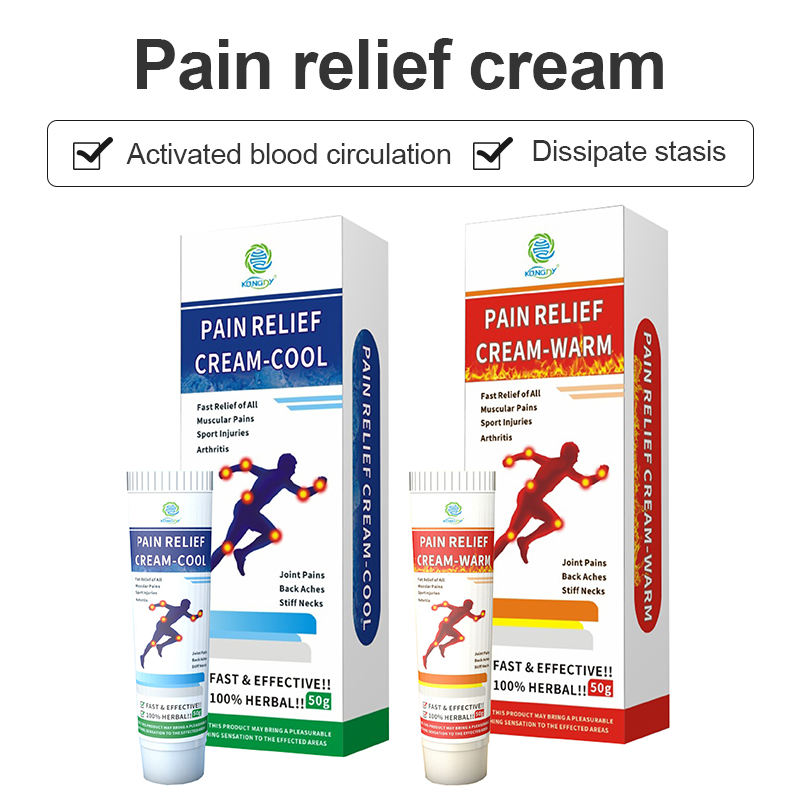In an era of evolving healthcare needs and consumer preferences, pain cream manufacturers are at the forefront of innovation in topical pain relief solutions. These companies are not just producing creams; they’re reshaping how we approach pain management in our daily lives.
One of the most significant trends driving innovation is the increasing demand for natural and organic products. Pain cream manufacturers are responding by developing formulations that incorporate plant-based ingredients such as arnica, turmeric, and CBD. These natural alternatives appeal to consumers seeking relief without synthetic chemicals. However, manufacturers face the challenge of ensuring these natural formulations are as effective as their traditional counterparts, often requiring extensive research and clinical trials.
Personalization is another area where pain cream manufacturers are making strides. Recognizing that pain experiences vary widely among individuals, some companies are offering customizable creams. These products allow users to adjust the concentration of active ingredients or combine different pain-relieving compounds to suit their specific needs. This approach not only enhances efficacy but also gives consumers a sense of control over their pain management.

Technological advancements are also transforming the industry. Some manufacturers are exploring the integration of nanotechnology to enhance the absorption and targeted delivery of pain-relieving compounds. Others are developing smart packaging that can track usage and remind users when it’s time to reapply, improving adherence and effectiveness.
The rise of telemedicine has created new opportunities for pain cream manufacturers. Many are partnering with digital health platforms to offer virtual consultations and personalized product recommendations. This direct-to-consumer approach allows manufacturers to build stronger relationships with their customers and gather valuable data on product performance and user preferences.
Sustainability is becoming a key focus for pain cream manufacturers. Beyond just the product formulation, companies are looking at their entire supply chain and manufacturing processes to reduce environmental impact. This includes using recyclable packaging, implementing energy-efficient production methods, and sourcing ingredients responsibly.
As the regulatory landscape continues to evolve, particularly around ingredients like CBD, pain cream manufacturers must stay agile. Many are investing in regulatory affairs teams to navigate the complex and often changing legal requirements across different markets.
In this dynamic environment, the success of pain cream manufacturers will depend on their ability to balance innovation with safety, efficacy, and regulatory compliance. Those who can meet these challenges while addressing the evolving needs of consumers are poised to lead the industry into a new era of pain management solutions.






